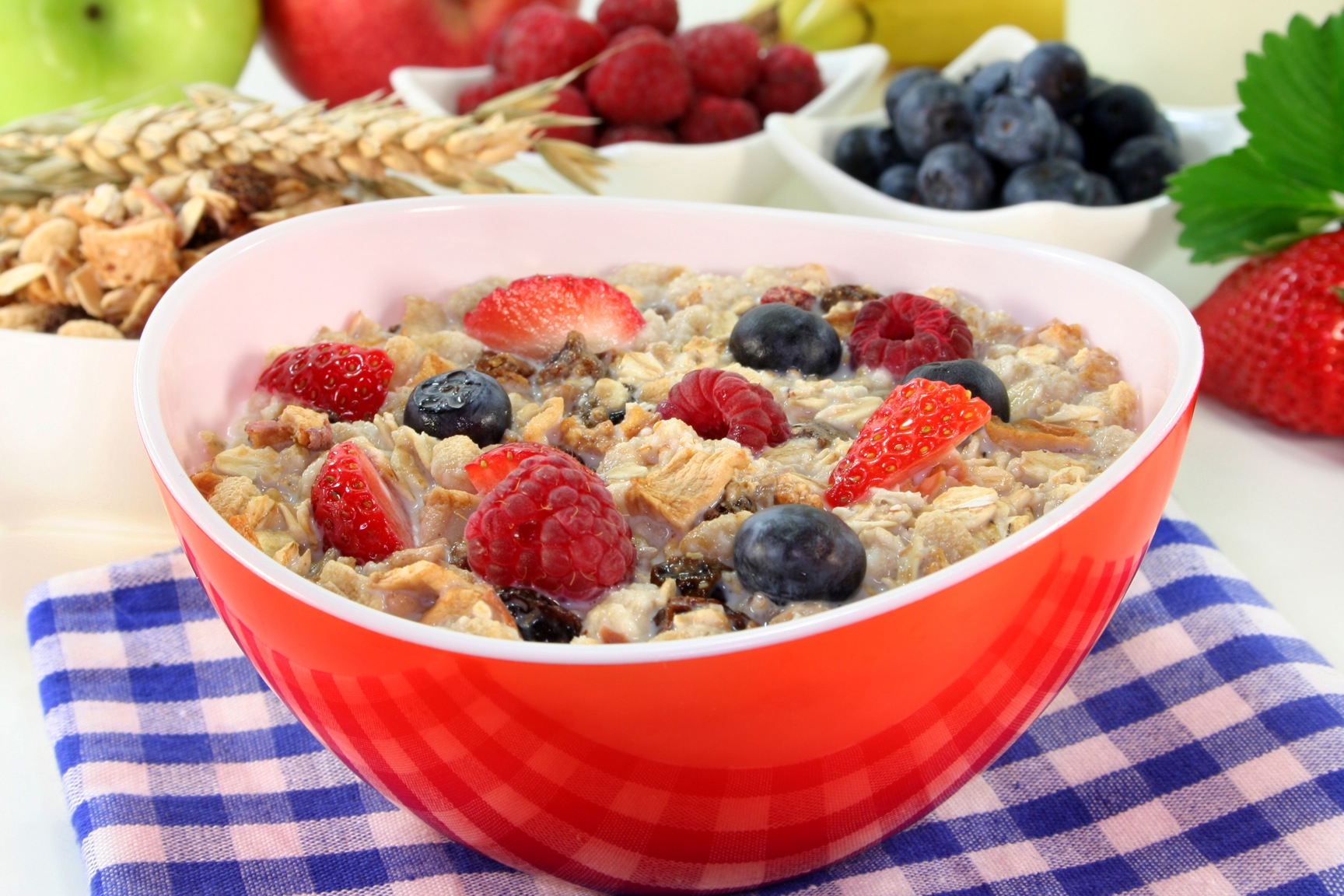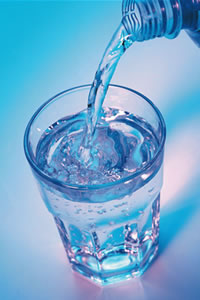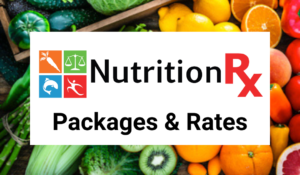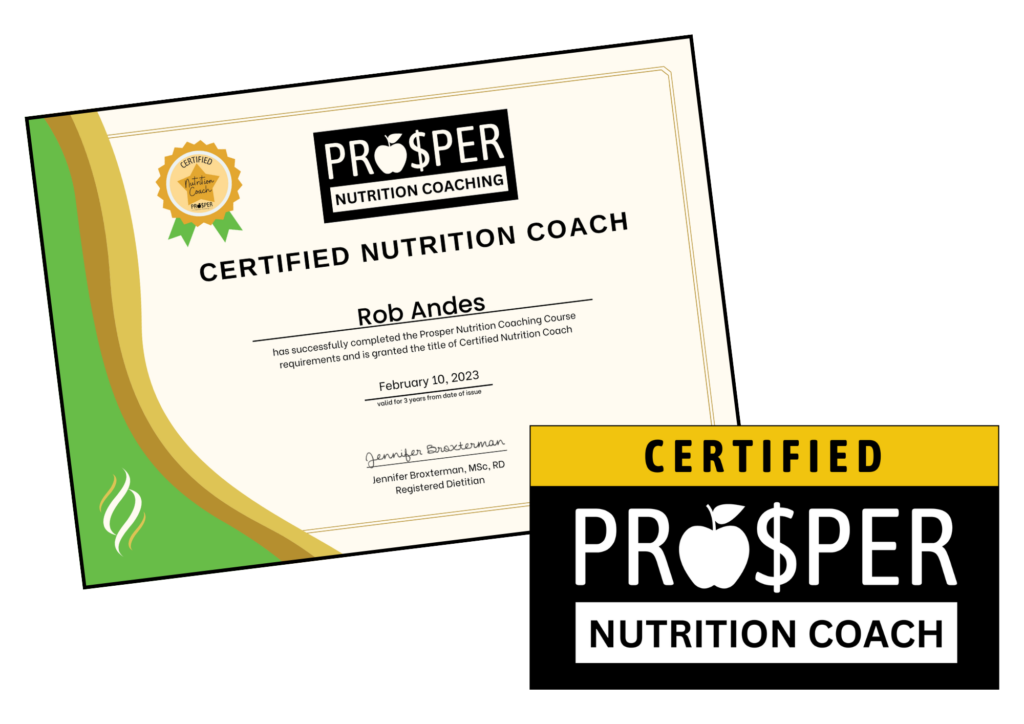

Five Nutrition Tips to Increase Energy Levels
Written By: Jennifer Broxterman, BScH Foods & Nutrition
Registered Dietitian & Sports Nutritionist
NutritionRx (www.nutritionrx.ca)
Email: info@nutritionrx.ca
In today’s fast-paced world, many people are on the lookout for strategies that increase energy and improve well-being and don’t require too much time or effort. The energy it takes to get though a long and stressful day often seems to be in short supply, however, there’s good news! What you eat and drink and when and how you time your meals and snacks can have a huge impact on your energy levels and performance at work, at home, and at the gym. Below are five simple strategies you can adopt that will help fuel your body with the right foods and keep your energy levels up all day long.
1. Eat breakfast, everyday! As the saying goes, breakfast is the most important meal of the day. It’s the meal that gets your metabolism going by replenishing your body’s energy supply after a long night’s fast. A breakfast that contains a whole grain (toast, oatmeal, high-fibre cereal), a piece of fruit, and a little bit of protein (milk, soy milk, nut butter, eggs, yogurt) provides the fuel your brain and muscles need to stay mentally and physically alert. So set aside 10 minutes and make breakfast a daily priority.
2. Have complex carbohydrates at each meal, which are digested slowly and provide a steady supply of energy for the body and brain. Try having whole-grain breads and cereals, quinoa, couscous, whole wheat pasta, brown and wild rice, lentils, beans and legumes, and other starchy vegetables such as squash or sweet potatoes at each meal. Not only do these foods provide energy, but they also supply many important vitamins, minerals, and phytochemicals that keep your body well-nourished. Stick to a serving size about the size of your clenched fist, or around a ¼ of your plate. See our bean, rice, and cheese casserole recipe for a meal idea that’s packed full of complex carbohydrates.
3. Include more iron-rich foods in your diet to beat fatigue. If you feel constantly tired and have difficulty concentrating, there’s a chance you may be anemic. Iron-deficiency anemia is one of the most common nutritional deficiencies in North America. Iron from the food we eat becomes incorporated into an essential component of our red blood cells called hemoglobin, which binds with oxygen and delivers it to the body’s cells. If your iron stores are depleted, your red blood cells can’t deliver as much oxygen to your cells, leaving you feeling weak and tired. Some of the best foods to eat to increase the amount of iron in your diet include: red meats, organ meats, iron-fortified cereal products, whole-grain or enriched breads, dried fruits, dark green leafy vegetables such as spinach, beans, nuts and seeds, and blackstrap molasses.
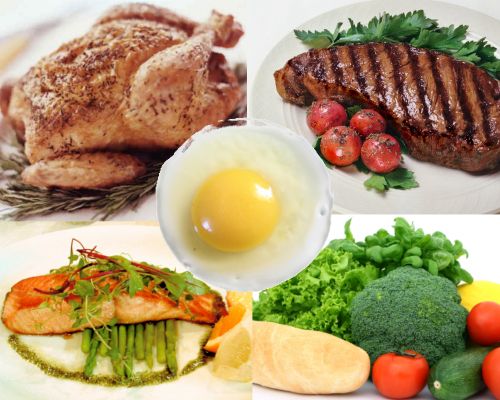
4. Make time for a midday meal, as well as some healthy snacks to help keep blood sugars steady and hunger pains at bay. Making time to have a healthy lunch will recharge you for the afternoon and will help keep snacking under control when you arrive home from work as well as later in the evening. When preparing a healthy snack, and try to combine a little bit of protein with some carbohydrate for lasting energy. Quick and easy snack ideas include: whole wheat toast with peanut butter and a banana, whole grain crackers with low-fat cheese, cut up veggies and hummus, or a piece of fruit with a small handful of nuts.
5. Stay hydrated. Fatigue is one of the first symptoms of mild dehydration, so drink up. Get in the habit of carrying a water bottle around with you or keeping a glass of water within arm’s reach at your desk to help you drink enough water during the day. Thirst isn’t a great indicator of your fluid needs, because by the time your thirst mechanism kicks in, you are already a little dehydrated. Most people need about two to three litres of fluid per day to stay adequately hydrated, and if you exercise, you’ll need even more! Making sure you’ve had enough to drink each day is a great way to beat fatigue.
Wishing you health & happiness,
♡ Jen
Jennifer Broxterman, MSc, RD
Registered Dietitian
NutritionRx: happy, healthy living with our team of Registered Dietitians
Prosper Nutrition Coaching: a world-class nutrition coaching certification
+
+
+
Want to work with a NutritionRx Registered Dietitian?
Learn more here: Nutrition Packages & Rates
+
+
+
Want to become a Certified Nutrition Coach?
Learn more about our habits-based Prosper Nutrition Certification


